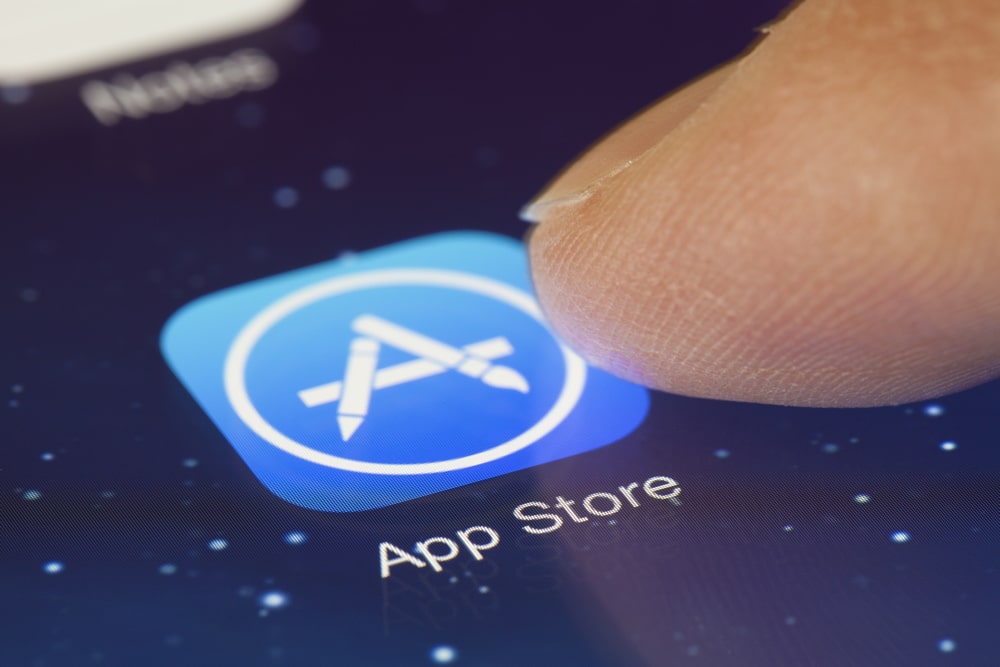Field buy-in, utility and innovation critical to the new working environment
By: Camille Barlow
In 2009, Apple debuted a new slogan: “There’s an app for that.”
As usual, the tech giant was on to something, and 11 years later that catchy little earworm is not only safely trademarked, it’s a post-modern truism. For virtually anything you want to do these days—from the personal to the professional and everything in between—chances are you can find an app to make it happen.
This content is restricted to site members. If you are an existing user, please log in. New users may register below.


